Do vacuum cleaners spread dust? Here's what the experts want you to know, and their top tips for preventing it
Expert tips you ought to know for a cleaner home
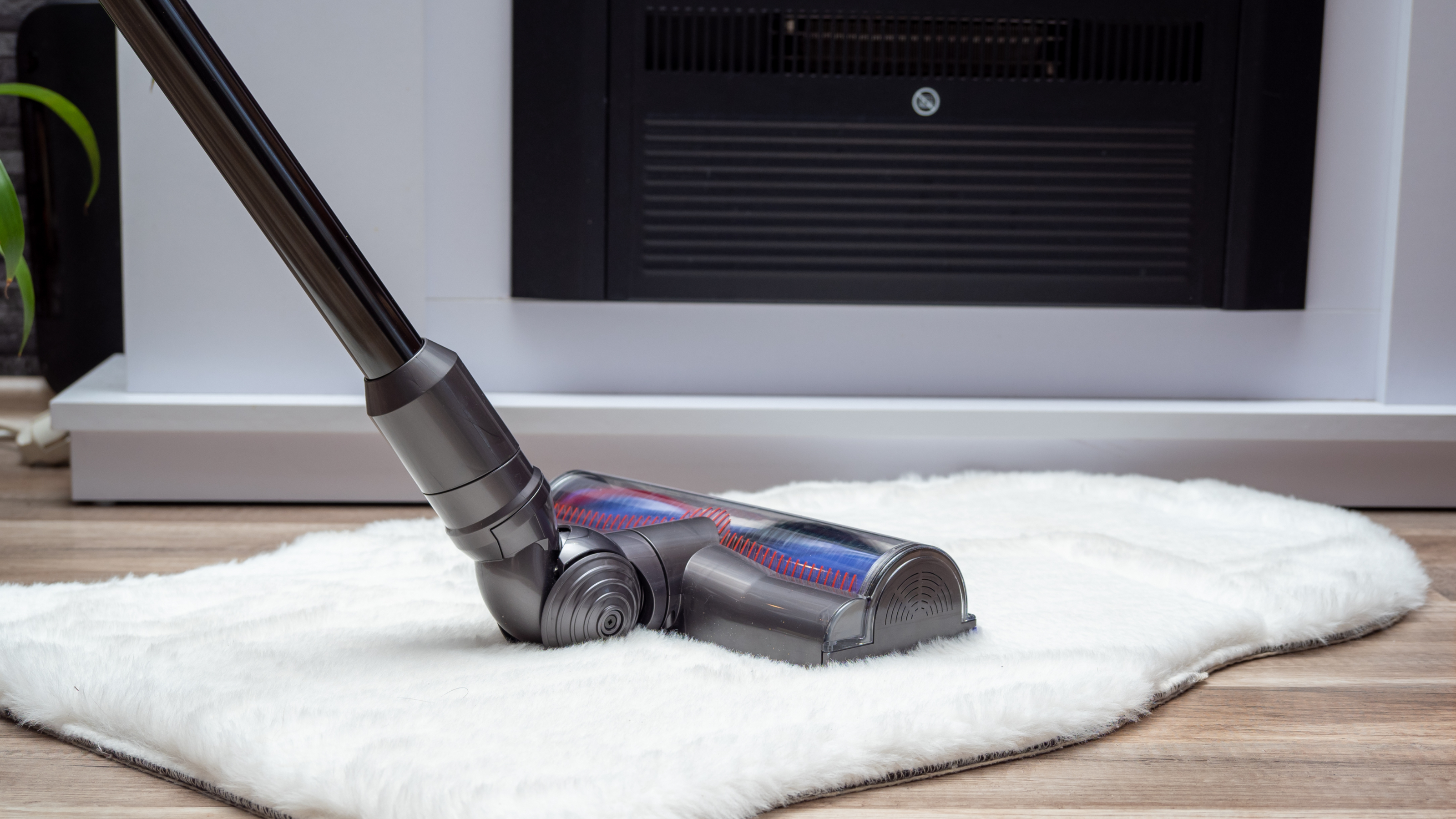

Vacuum cleaners are supposed to serve the purpose of helping us pick up dirt, dust, and debris around our homes; but have you ever wondered if they're actually doing the opposite? It's a common concern for a lot of people to notice a layer of dust settling on furniture and surfaces not long after vacuuming, so it is possible that your vacuum cleaner could be part of the problem instead of the solution?
If you're looking to purchase the best vacuum cleaner on the market, it's only natural that you'd hope it excels in performance, cleaning power, and more – especially if you're spending a pretty penny on it. However, the truth is that certain vacuum cleaners can spread dust, but they don't have to; so long as you know exactly what to look for before buying one.
We've asked experts to explain why your vacuum cleaner might be spreading dust, and how to ensure you're using yours in the most efficient way to avoid it from happening again.
Do vacuum cleaners spread dust?
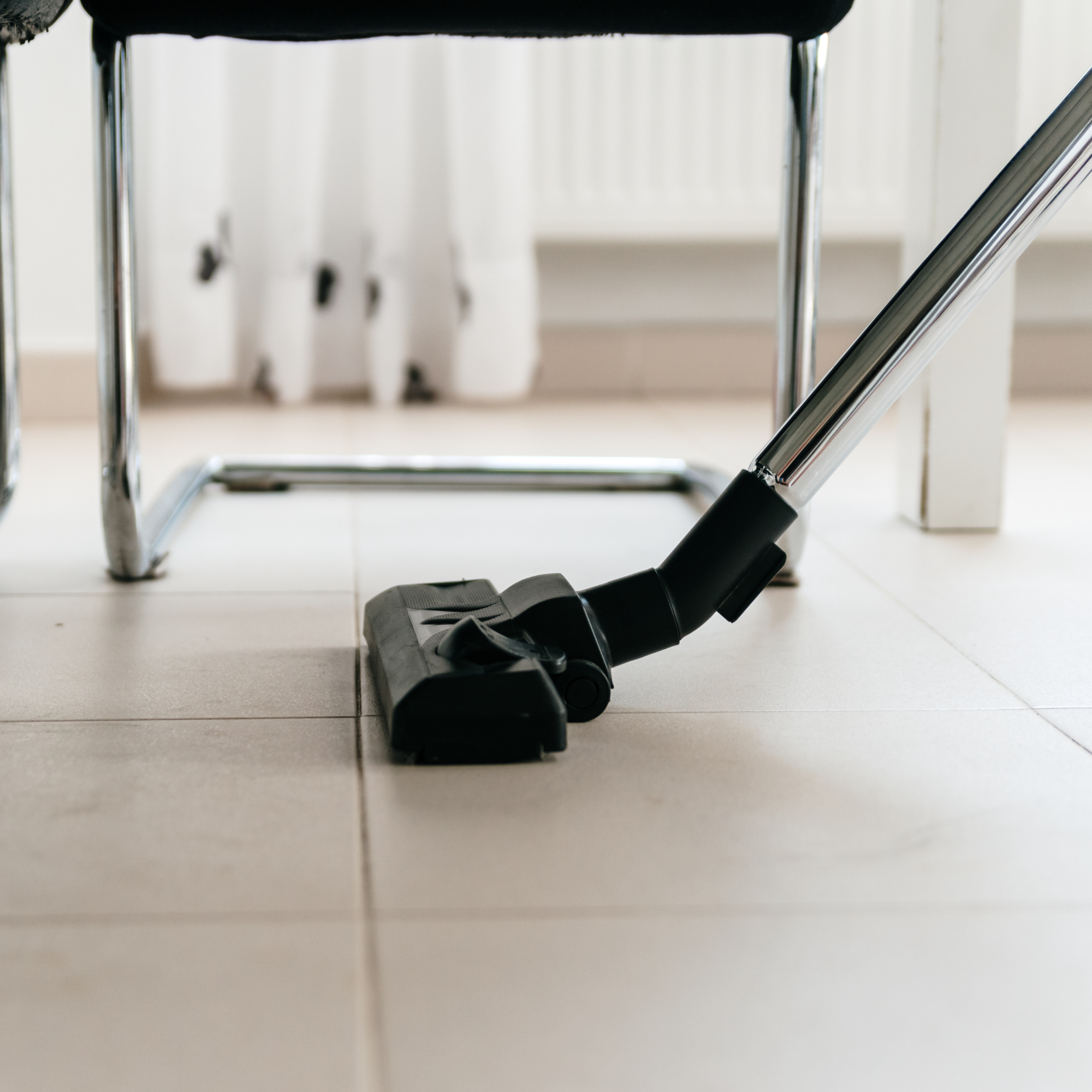
'Yes, vacuum cleaners can spread dust if they aren't designed with proper filtration systems or aren't maintained correctly,' says Mariya Gurkova, a cleaning expert at Fantastic Services. 'Older or low-quality vacuums, particularly those without HEPA filters, might leak dust back as they operate. This happens because of the vacuum's improper sealing or poor filtration, which allows fine dust particles to escape and recirculate in your home.'
Alternatively, James Longley, managing director at Utility Bidder says that your appliance might also be spreading dust because the dustbin is full and simply needs to emptied. When your vacuum has reached full capacity, there's nowhere else for the dirt, dust, and debris to go. 'Depending on the type of vacuum depends on how debris can be disposed of effectively, for example, bagged vacuum cleaners or bagged models,' adds James.
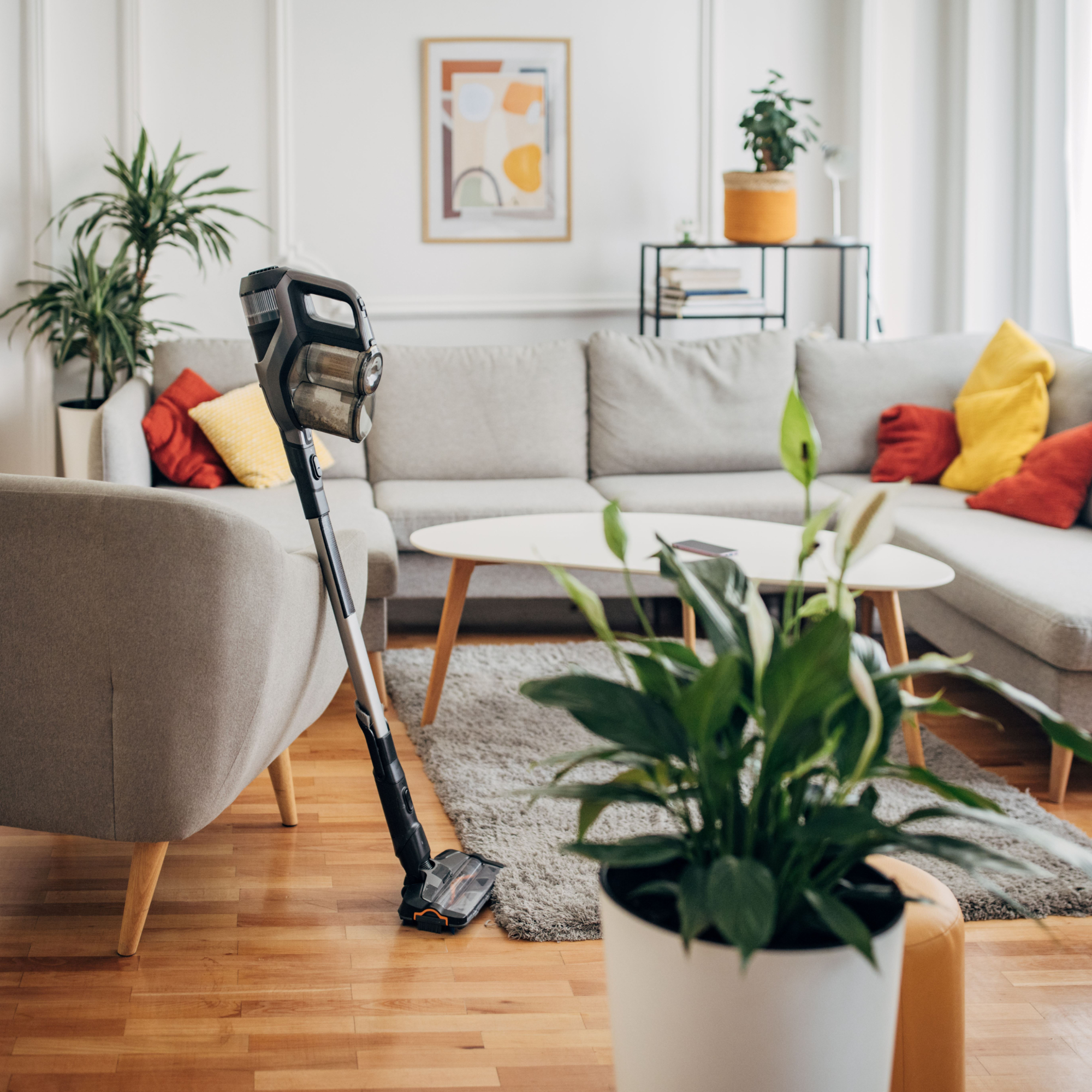
'Overfilled dustbins reduce the vacuum's suction power and can lead to dust escaping when you empty them. Emptying the dustbin regularly, ideally, after each use, will maintain optimal performance,' continues Mariya.
Ensuring the longevity and how effective your appliance works boils down to how often you're cleaning your vacuum and upkeep with maintenance. It's important to routinely check for blockages in your vacuum. However, if you're finding that even after emptying the dustbin and cleaning the filter it's still spreading dust and losing suction power, these are possible signs that your vacuum needs replacing.
Sign up to our newsletter for style inspiration, real homes, project and garden advice and shopping know-how
If one of your main concerns is vacuuming to help allergies, this can only really be achieved if you're using a vacuum with a HEPA filter; otherwise, a vacuum won't do much to manage allergy or respiratory issues the same way that one of the best air purifiers can.
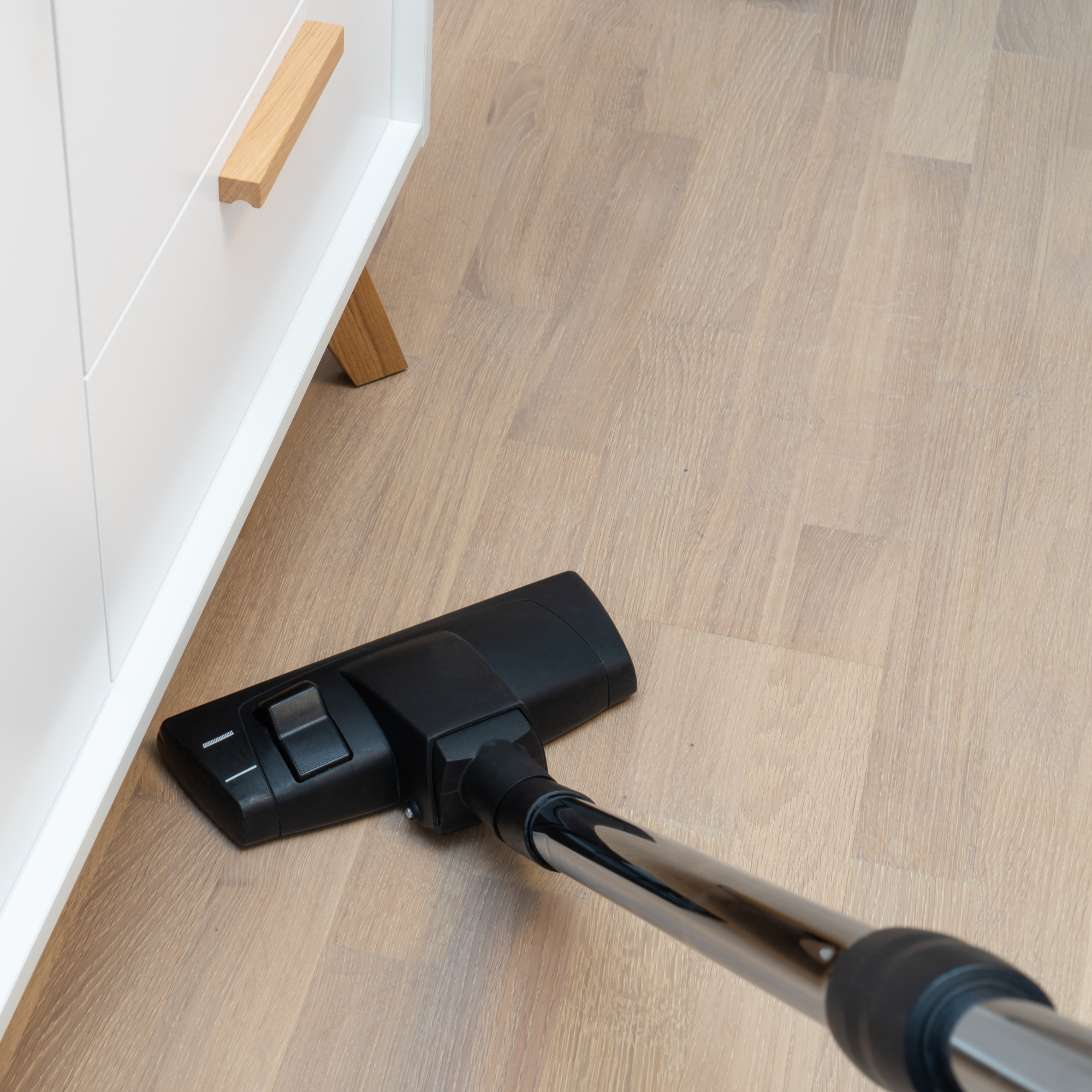
'These filters can capture 99.97% of particles from the air, including those that are not visible such as pollen and mould spores, making them very beneficial for allergy sufferers. Additionally, choosing a vacuum with an LED light can help illuminate dust and dirt, enabling a more thorough cleaning,' explains AO.com's floorcare expert, Mohammed Yakub.
HEPA filters can be found in both bagged and bagless vacuum cleaners; however, if you want to keep dust spreading to an absolute minimum, it's possible that you'd benefit far more and think vacuum cleaners with bags are better for your needs. Alternatively, you could make the most of this hack that allows you to empty a vacuum cleaner without spreading dust everywhere.
Additionally, ensuring you're vacuuming frequently and taking your time when doing it will help prevent the spread and build-up of dust overtime. At the end of the day, no amount of money you spend on a vacuum will eliminate the fact that you need to stick to a routine to keep things clean and orderly in your home. Investing in a high-quality vacuum will just make it easier and help you save time, is all.
M
Our recommended vacuums for trapping dust
If you're looking to upgrade your vacuum to a higher-quality model that specialises in trapping dust and dirt, here are some of our top picks to consider.
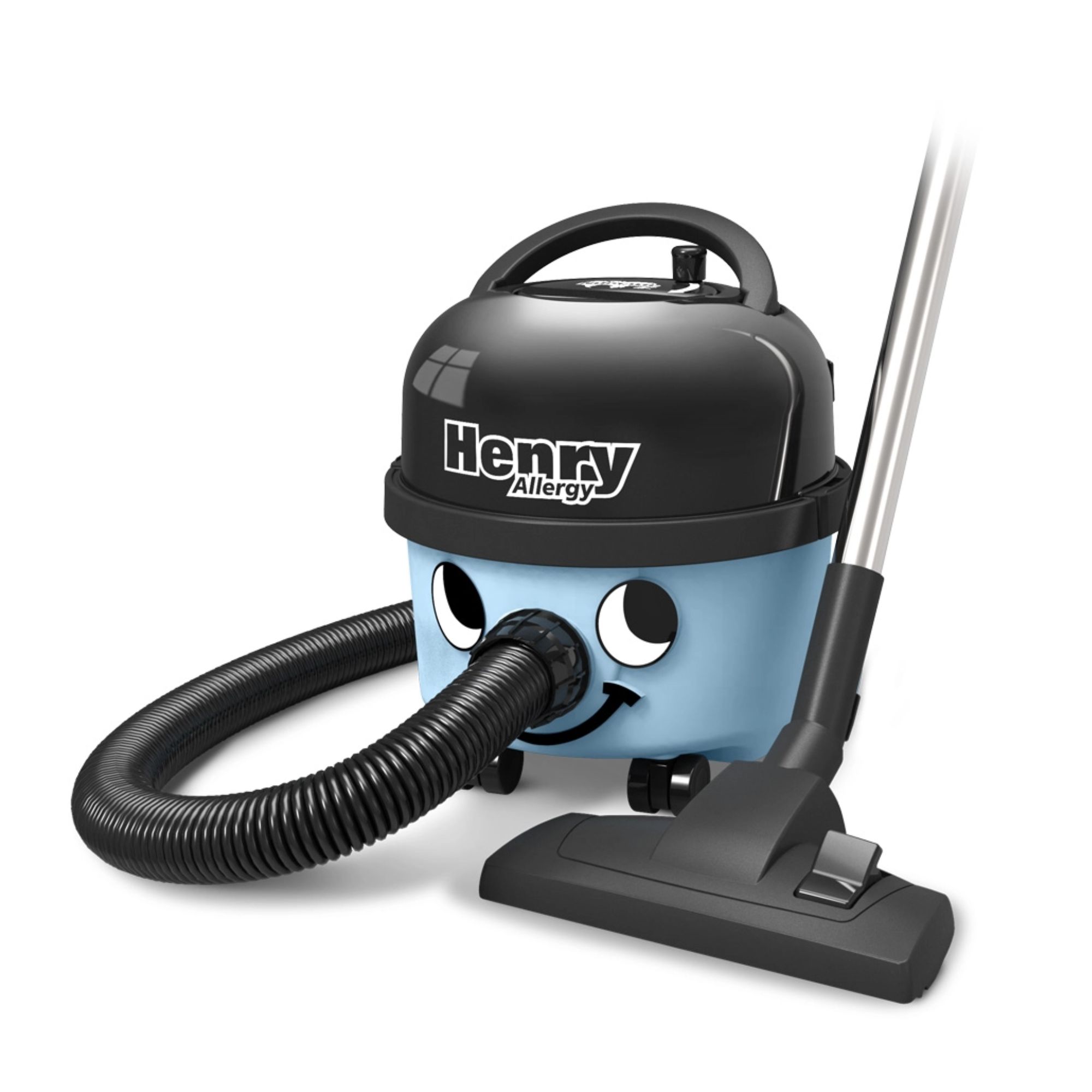
Approved by Allergy UK, this hardy vacuum boasts an incredible amount of suction power, dust-free emptying, and superb results in reducing the allergens in your home.
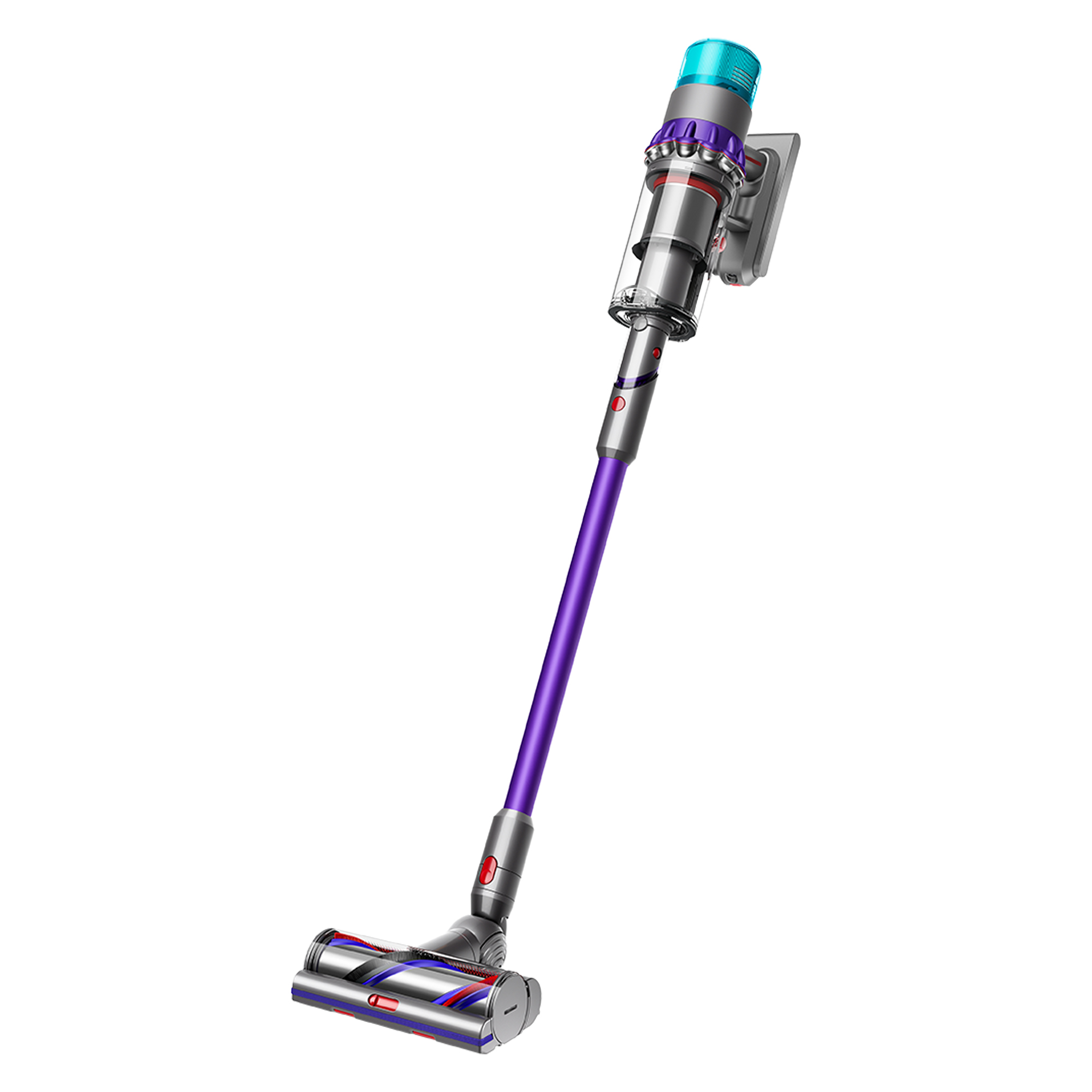
Equipped with a HEPA filter to capture up to 99.9% of particles down to 0.1 microns in size, this top-of-the-market Dyson vacuum has incredible suction power, an impressive runtime, and works great on multiple floor types.
So, to answer the question of whether or not vacuum cleaners spread dust, yes, they can. However, this is more so the case when they're not properly maintained or aren't equipped with the right features to do so.
If you want to keep your home free from dust, consider investing in a higher-quality model that uses a HEPA filter to trap as much dust in your home as possible, empty the dustbin and clean the filters regularly, and ensure you're vacuuming frequently.
By keeping these in mind, you can rest assured that your home will feel cleaner and the air will feel fresher as a result, allowing you to enjoy a dust-free home.

Jullia was Ideal Home’s Junior Writer from 2022-2024 and the Ideal Home Certified Expert in Training on Vacuums having spent over 60 hours testing different models. She’s always loved all things homes and interiors, graduating with a bachelor’s degree in Architectural Studies from the University of Nottingham where her love for writing blossomed following her internship at ArchDaily. Now focused on home tech and cleaning, Jullia works on writing features and explainers to help people make the most of their home appliance investments, putting the newest launches through their paces. When she isn’t writing, she loves exploring the city, coffee shop hopping, and losing hours to a cosy game or book.